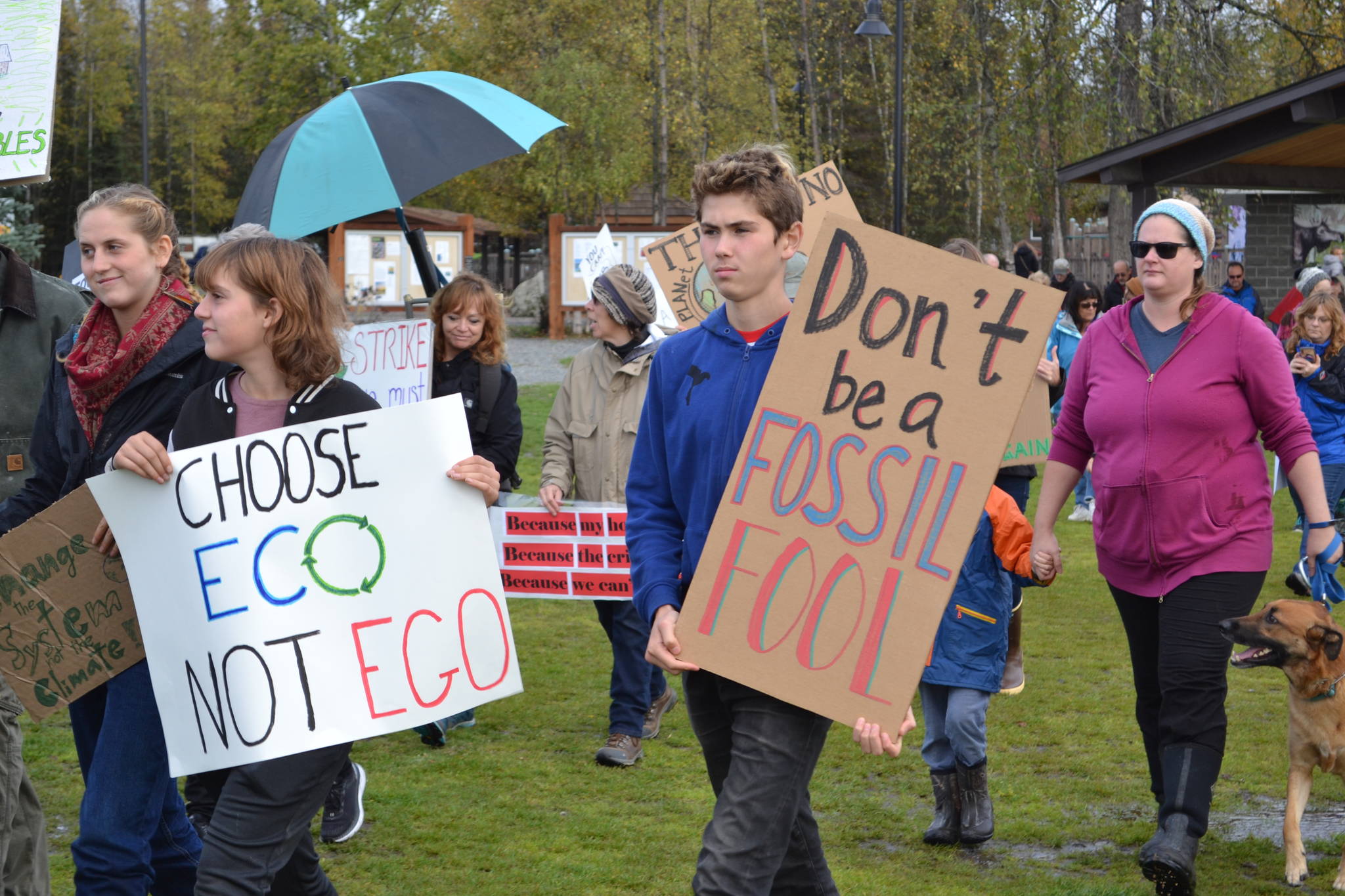Fires and drought exacerbated by unusually high temperatures dominated the news cycle this year.
The biggest fire on the peninsula this year was the Swan Lake Fire, which began in a remote part of the Kenai Wildlife Refuge after a lightning strike on June 5. By the end of the summer, the fire had burned 167,182 acres and involved 3,000 fire management personnel from around the country. The fire threatened the communities of Sterling and Cooper Landing with potential evacuation, although no evacuation order was ever issued. At one point in August the fire had crossed the Sterling Highway, prompting multiple, extended closures of the only road leading in or out of the peninsula.
This summer saw record-high temperatures, which led to water shortages in the city of Seldovia and the Native Village of Nanwalek. The Swan Lake Fire burned well into October and reached alpine areas near Cooper Landing that hadn’t seen fire in decades due in part to the lack of rain on the peninsula.
In the wake of these events, some residents of the peninsula gathered with others around the world for a Climate Strike to urge local government officials to address the impacts of a changing climate. Some of those same protesters began gathering every month in a series of meetings to determine a way to implement environmentally friendly practices in the local community, and eventually they devised a plan to expand community composting.
The Kenai Peninsula Borough incorporated into their 2019 Comprehensive Plan climate change mitigation policies, including the formation of a borough commission on sustainability.
After the Swan Lake Fire no longer needed constant monitoring, Sen. Peter Micciche, R-Soldotna, arranged a meeting in November with local fire managers to discuss how to better prepare for fires on that scale in the future. Officials from local, state and federal agencies all agreed that the unprecedented fire conditions seen this summer would likely be back in the years to come, and all of the agencies represented at that meeting said that they were taking steps to incorporate that reality into their management policies.
Flooding was also an issue this year. In August, the Snow Glacier dammed lake released water into the Snow River, Kenai River and Kenai Lake. This flooding prompted an advisory from the National Weather Service and complicated the logistics of fire crews battling the Swan Lake Fire and at times prevented them from being able to reach areas that were being burned.
Once winter had hit the peninsula, it brought with it more storms and flooding. On Dec. 6 the borough issued an emergency disaster declaration in response to power outages and gale-force winds across the peninsula as well as a flood warning from the National Oceanic and Atmospheric Administration (NOAA) for Anchor Point and the Anchor River.
Christmas Day on the peninsula saw steady snowfall coupled with breezy wind conditions, and although the parts of the peninsula remain “abnormally dry” according to the U.S. Drought Monitor, a chance of snow is expected on New Year’s Day.

